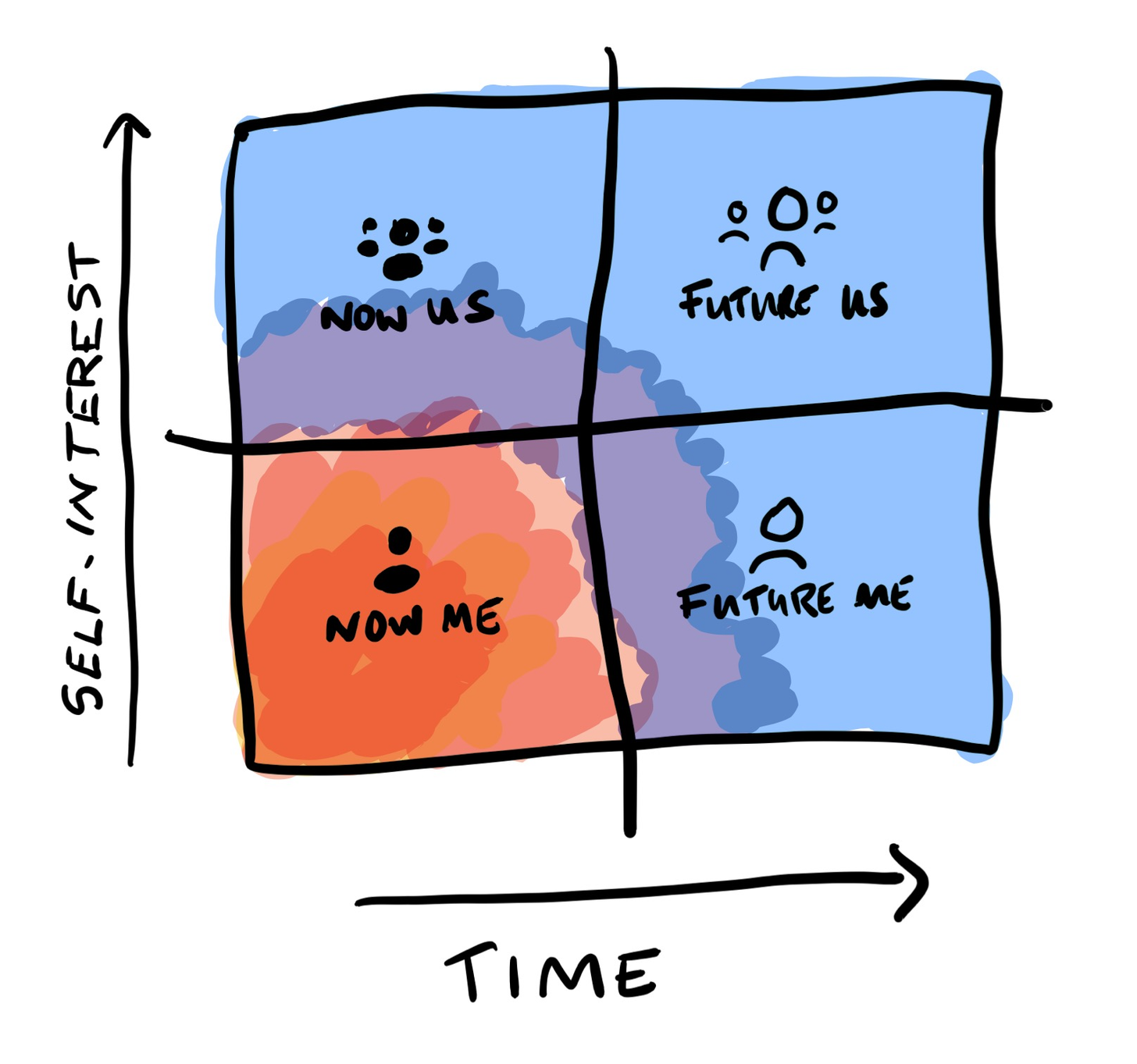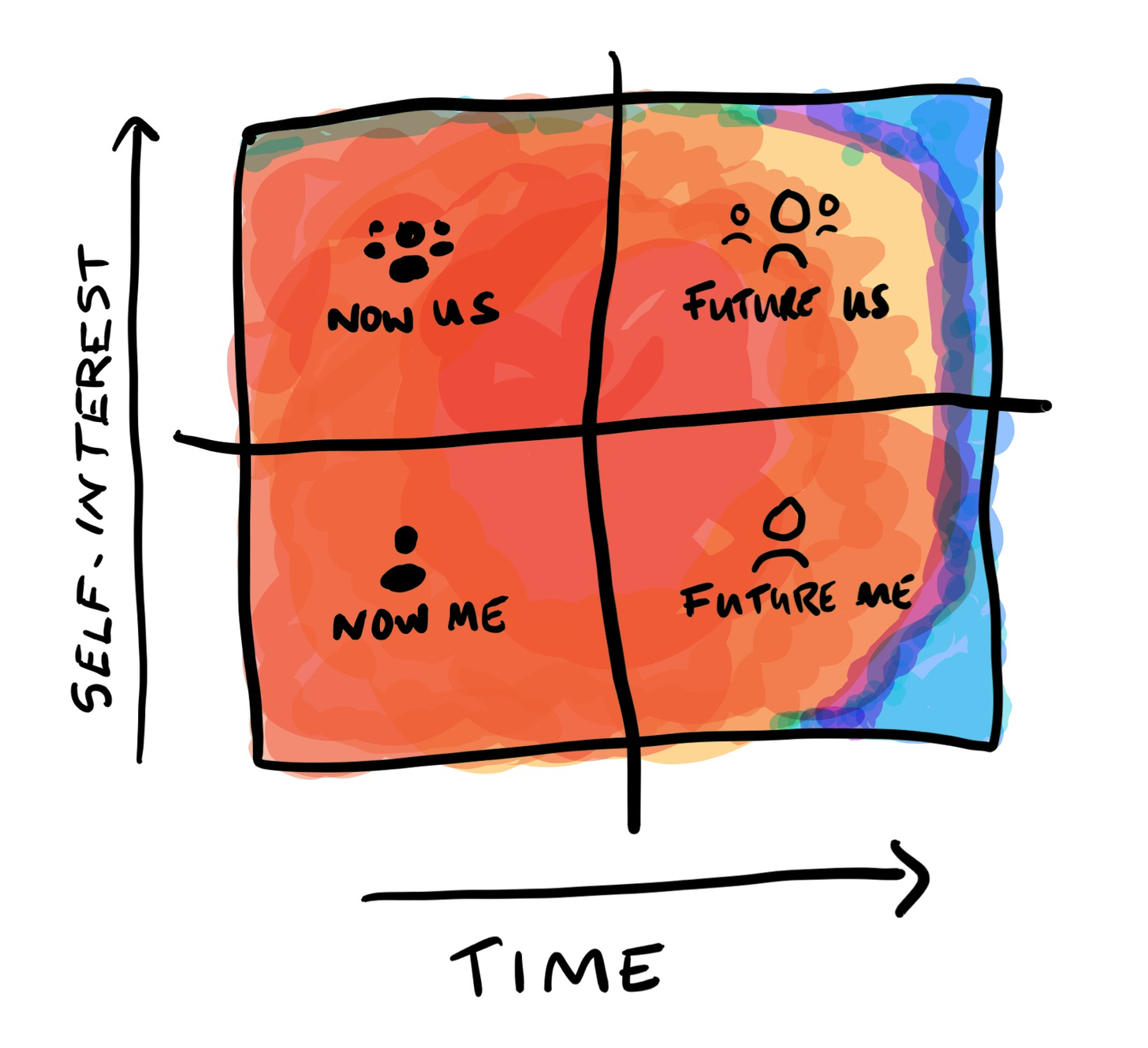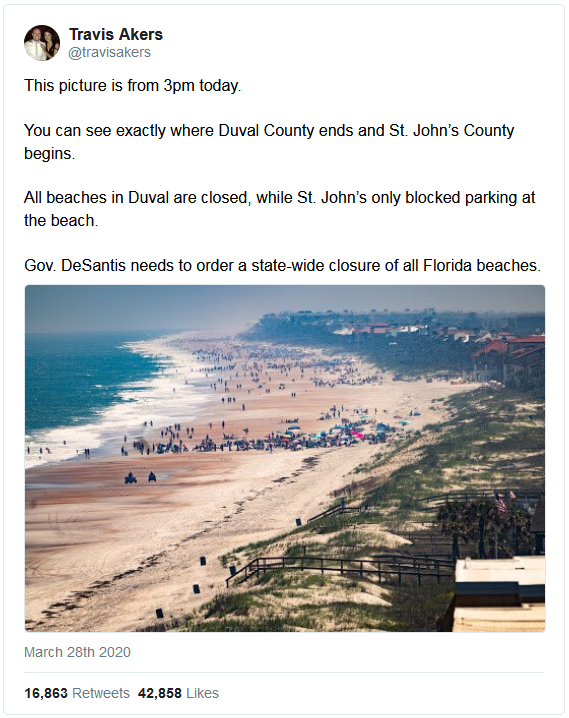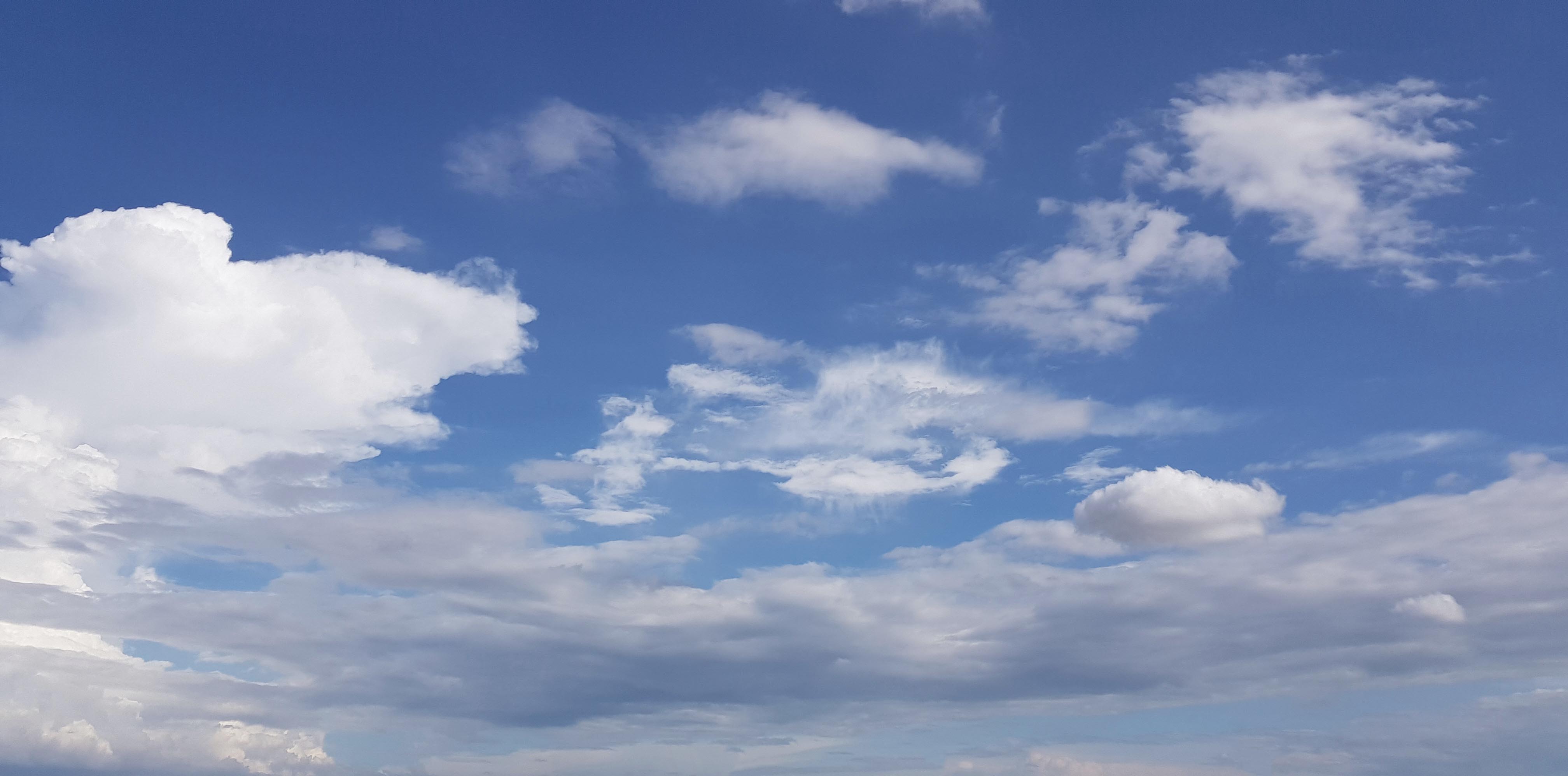Like everyone else, those of us here at the Bento Society have spent the past month wrapping our heads around our new reality. We’ve whiplashed between comfort and fear, between optimism and pessimism. We’ve largely stayed balanced thanks to the bento and its bird’s eye view.
The moment has placed increased importance on the bento. I speak from personal experience. I’ve turned to the framework more often the past month to make sense of our world. I’ve also been able to feel the presence of the Us and Future spaces in a way that was harder before.
I’m not alone. The number of people who have reached out asking for what the bento has to say about this moment is evidence of this. Those spaces are becoming more real to a lot of people. The notion that a world exists beyond our immediate self-interest has perhaps never been more clear.
In my personal newsletter I’ve shared some of my feelings — about our new normal and how this might create a new kind of collective consciousness — but it’s still too early to say much definitively. Events are still unfolding. There may be multiple false endings. We need a heightened sense of awareness to navigate this. That’s what we’ll talk about today.
Awareness
In this conversation we’ll explore two different kinds of awareness: passive awareness and active awareness.
Passive awareness is the instinctual thinking that helps us identify and respond to our needs on a moment to moment basis. Passive awareness is something every person has. It’s close to Daniel Kahneman’s System 1 thinking.
Passive awareness is focused on your immediate wants and needs. The world beyond that is at the edges of its perception. We can visualize this as a bento with a heatmap showing where the person is most aware.

“Passive” doesn’t mean inactive. It means reactive. Running when a bear starts chasing you is passive awareness. Passive awareness can get you to move, it just doesn’t think beyond “get away.”
What I call active awareness is our ability to consciously operate within a broader arena than our immediate desires. Being able to think conceptually about future events, have empathy for the needs of others, and to see the big picture are traits of active awareness.

Active awareness empowers you to not only make choices for your right now needs, but your future needs as well. It sets a larger perimeter of self-interest. A person with active awareness has the ability to not just react to events, but to shape events before they reach them.
Passive vs active awareness
There are potential passive and active responses to essentially every situation. There are responses that solve the issue at hand (passive), and there are responses that attempt to solve the question for future instances too (active).
Take the pandemic for example.
A passive response to the pandemic is to stock up on goods and follow the government’s instructions. With the exception of some serious binge-watching, the response basically stops there.
An actively aware response is to have started preparing earlier this year when the virus was first on the radar. Active awareness would have seen this future state moving towards it and acted to mitigate its impact ahead of time.
Passive awareness tells us to buy toilet paper. Active awareness does the math and suggests buying a bidet.
Passive awareness tells us to stock up on frozen foods. Active awareness says don’t forget seeds and soil.
Passive awareness says not to bother with a mask since authorities say they don’t work. Active awareness notes that people in cultures who are more experienced at this always wear masks and decides to track some down anyway.
Our passively aware selves and our actively aware selves respond differently to the same question. Passive awareness looks to satisfy the needs of the moment. Active awareness extrapolates that moment to potential futures. The ability to factor in future value is a distinguishing trait of active awareness.
The lockdown is a passive response. The steps China and South Korea have taken to manage the epidemic through wide testing are active responses. Without the second step, the virus will hold society under house arrest indefinitely. This crisis is a challenge of awareness — perhaps best exemplified in our inability to “see” it in asymptomatic patients.
Passive and active values aren’t in opposition. They’re complimentary. The now matters. The future matters. The challenge and opportunity is to hold onto both at once.
How to grow active awareness
Our level of awareness isn’t ingrained by DNA, correlated with nationality, or tied to income. An active awareness is accessible to anyone, but not everyone has it. It must be cultivated through practice.
To grow my own active awareness I use the bento framework — an acronym for BEyond Near Term Orientation — and I meditate. A ten minute meditation most mornings and a fifteen minute bento check-in each week. It’s an incredibly small amount of time for the value it produces.
The morning meditation is my mental reset. I break free of my emotional energy (try to — I’m still a beginner) and I’m reminded of the bigger picture. My mind clears.
The weekly bento is a one on one with my fullest self. It’s time for me to dive deeper into what’s important to me. It’s an explicit space for me to collaborate with my active awareness on our plans.
The process, which I wrote about in the last issue, asks me to step into each of those spaces and engage with their perspective. To access my Future Me, for example, I imagine I’m the Obi-Wan Kenobi hologram version of myself. The version of me that ultimately gets where I want to get in life. What does that person say is most important? Somehow, from somewhere, a voice will answer. I’ve learned to listen.
Try this at home
Here’s a quick experiment in active awareness.
Imagine it’s January 2022. The lockdown is finally over. You walk out of your house elated. The worst is finally behind us.
It was a tough time for everyone. Like everyone, you lost someone. Still, you feel especially grateful because you made the best of the experience, all things considered. How? By making sure three things were always true:
So what were those three things?
Answering this requires stepping into your Future Me self. It asks you to use your Future Me eyes to look backwards on your future.
When my Future Me answered this question it said:
- Caring and providing for my family and loved ones
- Making the lockdown and homeschool an epic family holiday for our child
- Focusing my more limited work time on a single project
These answers changed how I spent my time. They gave my time purpose and meaning. Now even while I’m doing the day to day I’m inching forward on larger goals.
What are those goals for you? What are you working towards beyond survival? Use this exercise to identify what matters most during this strange, liminal time.
If you have questions or an experience you feel like sharing, feel free to reply to this message.
Bentoism IRL (exit music)
I keep thinking of a famous photo from last month and what it says about the bento. I saw it in this tweet:

A Bentoist lens tells us a lot about this picture.
In this photo Duval County, where the beaches are closed, is prioritizing the Now Us value of community safety. St. John’s County, where the beaches were open, is prioritizing the Now Me value of personal liberty.
Each community viewed self-interest from a different lens, each likely believing it was right to do so.
The tension between community safety and personal liberty might end up being the defining values conflict of the 21st century. Climate change brings that same tension to the fore, as does the geopolitical contest between the United States and China.
Right now it’s a debate between Now Me and Now Us. But as we saw with passive and active awareness, these spaces are not in competition with one another. They’re complementary to one another, as well as sometimes in tension with one another. Holding that balance remains our most important and most difficult task.
That’s why growing our active awareness is so important.
Peace and love my friends,
Yancey
The Bento Society

